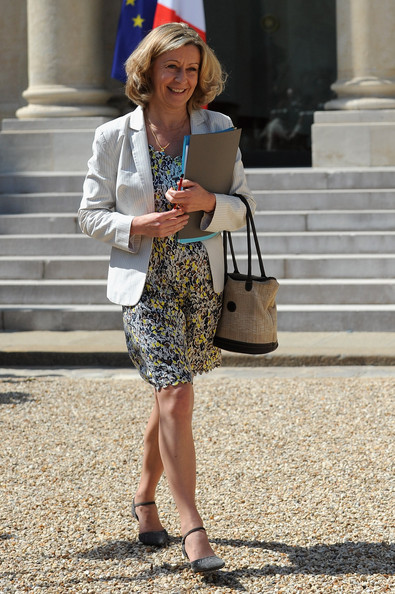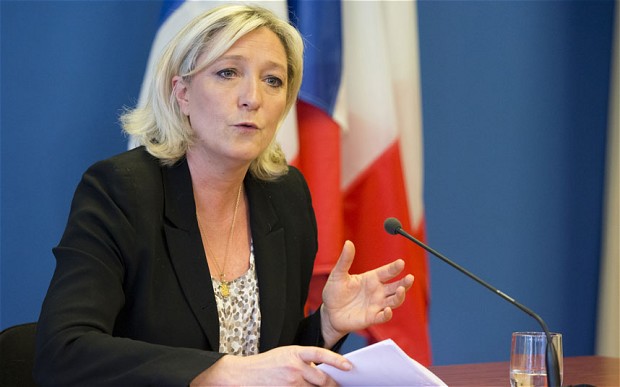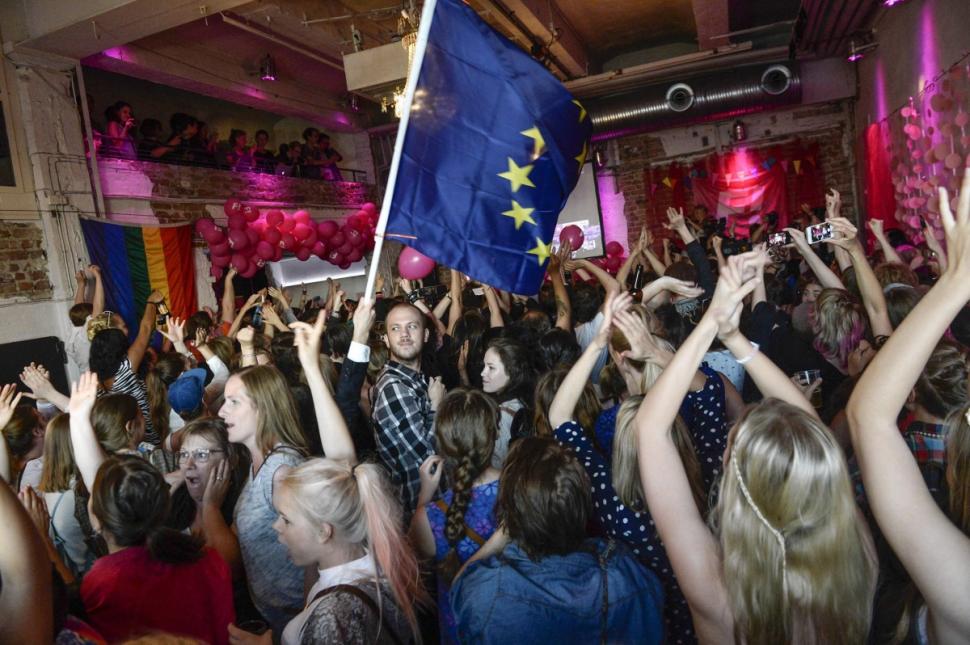Edmund Heaphy | Creative Director
As counting in Ireland’s European Parliament constituencies concluded yesterday, international media was talking about one thing in relation to the results across Europe: the rise of anti-EU parties. And “Anti-EU” probably isn’t even the most befitting description, because those who fit that description – UKIP in the UK, the National Front in France, Golden Dawn in Greece, and the Danish People’s Party in Denmark, among others – are the European Union’s sworn enemies. At best, they are anti-integration and anti-immigration, and at worst, they support the complete dismantling of the European Union.
On Thursday, I sat in on a roundtable discussion at the Institute of International and European Affairs, which opened with a talk by French Senator Hélène Conway-Mouret, a Trinity graduate and former Head of the School of Languages in DIT. Elected to the French Senate to represent the French abroad in 2011, Conway-Mouret had previously lived in Ireland for thirty years.
Conway-Mouret, up until recently a junior minister in President François Hollande’s Socialist Party government – under Prime Minister Jean-Marc Ayrault – is understandably very pro-European.
 Hélène Conway-Mouret, a French Senator, is a Trinity graduate
Hélène Conway-Mouret, a French Senator, is a Trinity graduateAusterity in Ireland, and across Europe, is quite commonly blamed on the European Commission and the European Central Bank, so much so that throughout the crisis, talk of the “ECB austerity drive” has become part of our everyday parlance. We hear of how the EU – and particularly, “unelected bureaucrats in Brussels and Frankfurt” – are imposing austerity, as if it wouldn’t be something that governments would do anyway. I have also heard these bureaucrats referred to as “unelected idiots”, and from a tour guide in Trinity at that. Conway-Mouret thought that this maybe had something to do with all this anti-EU stuff:
“We need to think as to how the various governments in place maybe over the years have been blaming Brussels for measures put in place that were really unpopular but necessary and not having the courage to say, ‘well, we’re doing it ourselves’ but instead ‘Europe is telling us: do it’, and blaming Europe enough to build this kind of negative approach.”
Conway-Mouret thought that people aren’t considering the things that we’ve got from Europe:
“People are forgetting what Europe has actually brought to their daily lives: all the positive aspects in terms of education. I mean what the Erasmus has done, the Erasmus Plus will be doing in the future, and for the environment and at all levels – but we’ve forgotten that. We’ve forgotten peace as well. And as someone who has been travelling the world for the past two years, I’ve learned that peace is something to be cherished and protected and this is what we’ve had since the last World War.”
 Marine Le Pen, President of France’s Far-right party, the National Front
Marine Le Pen, President of France’s Far-right party, the National FrontIt’s not true to say that Europe voted for the far-right, anti-EU parties across the board. While UKIP and the National Front did thrive altogether in Britain and France, many countries actually swung decidedly to the left. Italy’s anti-EU party, The Five Star Movement, performed worse than expected, allowing the sitting centre-left party, the Democratic Party, to win over forty per cent of the vote. Similar things can be seen in Spain, Portugal, Slovakia, Romania, and even here in Ireland, where the only elected MEP who could be considered an anti-EU candidate was Ming Flanagan – and he himself is decidedly left-wing on most issues. (Although some would argue that Sinn Féin is a Eurosceptic party, they are a very far cry from what’s considered Euroscepticism across Europe.)
If this far-right bloc in the European Parliament fails to dismantle the EU after the next two elections in ten years, then it’s unlikely they’ll ever manage to do it. This is because youth voters are the most pro-EU voters – it’s the over forties who are the skeptical ones. Last year, a YouGov poll in the UK revealed that 67 per cent of 18–34 year olds would vote to stay in the European Union – a far cry from the type of Euroscepticism that one sees from the older generations in the UK. These kinds of figures are matched all across Europe, including in Ireland.
Placing the Eurosceptics in the New Parliament
Anti-EU Parties
Conway-Mouret’s earlier mention of how we’ve benefitted from improvements of education and the links we have with Erasmus programs got me thinking: if the youth are the most pro-EU, how can we capitalise on that? I asked her just that. What kind of a role does the mobility of education, and specifically programs like the Erasmus scheme, have in tackling this cleavage towards anti-EU parties? To her, education is one of the most important areas:
“It’s central. You know, every student who spends time in another European country, acquires in effect, European citizenship by having another language, by seeing Europe for what it is. And that is this land, where one can be born somewhere, study somewhere else, and then decide to work somewhere else. So, it’s a freedom that’s given to us. And I think with Erasmus – and we have twenty years of Erasmus now – and the Erasmus Plus, which is important to me because it is opening this possibility of studying abroad to the technical and professional students, who so far have not been supported financially nor were encouraged to do it because the schools didn’t sign the bilateral agreements that were signed by universities in the past twenty years.”
To Conway-Mouret, European integration isn’t something that’s a high-level, political and economic type of thing:
“It’s at a human level that Europe can be built. People will actually see in their daily life what this European Union, and everything that’s attached to them is actually doing for them, and for their families. And it’s only with that conviction that then one wants to vote, one wants an involvement, and one wants to protect what we’ve had rather than destroy it, which is what the National Front is bluntly and openly saying they want to do. They want to close back the borders, they want to send back all the immigrants home, and so on. If that was the case in [Ireland], the nine thousand French immigrants here would be going home. Let’s start with that.”







